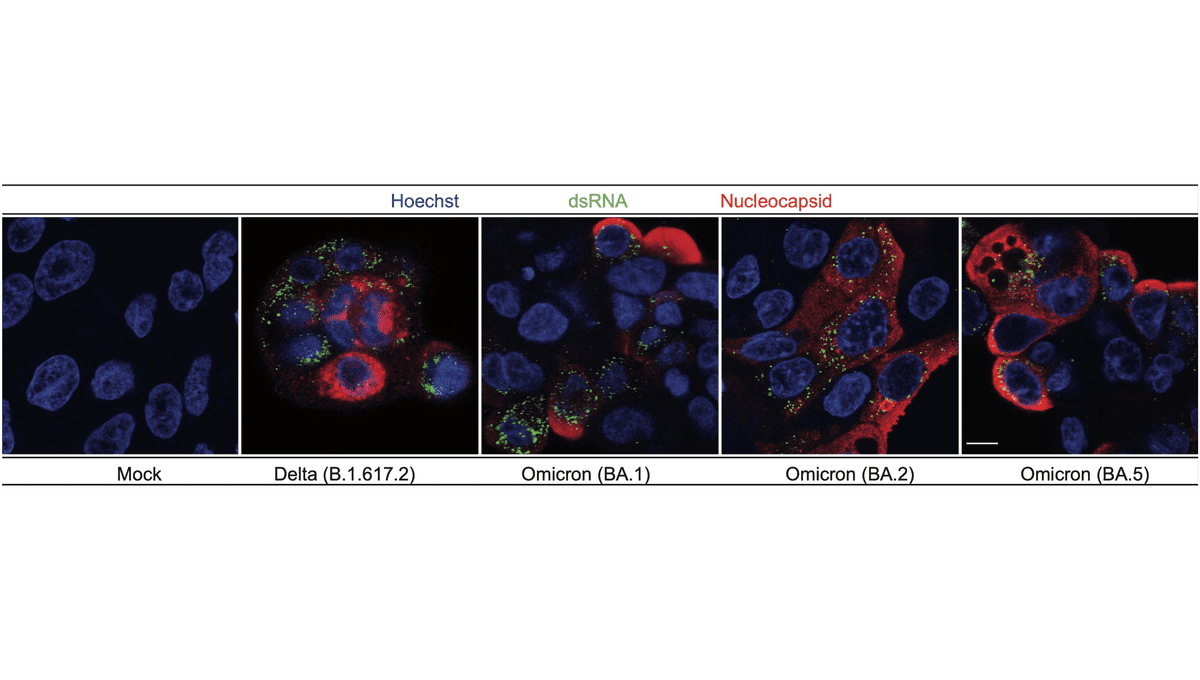
A team of scientists from 13 institutions tested 373 compounds produced by plants, fungi, and invertebrates seeking those capable of killing or stopping the spread of the SARS-CoV-2 virus. It’s a long way from petri dish to pharmacy, but three performed remarkably well, one of them coming from a marine organism that lives not far from the University of British Columbia (UBC), which led the research.
Billions of years of evolution have created a cornucopia of biologically active molecules that sometimes work well against the diseases that plague humanity. Testing of existing compounds is cheaper and faster than making our own from scratch, and those with biological origins tend to have fewer side effects. Even though the ideal drug often needs a few tweaks from the original discovery, it’s common for a substance taken from an animal, plant, or fungus to provide the inspiration for new medications.
In Antiviral Research, UBC’s Dr Jimena Pérez-Vargas and co-authors describe bathing human lung cells in solutions of the test compounds and exposing them to a modified SARS-CoV-2 virus that makes cells it infects glow green. More than 70 substantially reduced the glow seen in untreated cells, and 26 inhibited the virus by 80-100 percent.
Encouraging as this sounds, it is wise to remember Randall Monroe’s observation that the list of things that kill cancer in cells in a petri dish includes handguns. Many more tests are required before we can even contemplate using any of these to treat COVID-19.
However, the first of these tests has already been undertaken, with the team trying much smaller doses of the antiviral compounds. Three passed this more stringent test. “The advantage of these compounds is that they are targeting the cells, rather than the virus, blocking the virus from replicating and helping the cell to recover,” said Pérez-Vargas in a statement.
The molecules’ toxicity to cells is similar to existing treatments and they have been shown to work in vitro against delta and three omicron subvariants. However, the most exciting part about this finding is that, if one of these three proves safe and effective, it will allow us to get ahead of the constant appearance of new COVID strains. “Human cells evolve more slowly than viruses, so these compounds could work against future variants,” Pérez-Vargas said. Indeed, the team has hope the eventual treatment will work against other coronaviruses and even influenza.
Dr Tirosh Shapira noted that the modified virus greatly sped up the research, saying: “With it, experimentally laborious steps are made redundant so we can easily and quickly check thousands of compounds. Even more important, with it we have the option to track SARS-CoV-2 ‘live’ as it propagates from one cell to another.”
Medically promising natural compounds usually originate in tropical rainforests and coral reefs, the places where life is most abundant and organisms need a sophisticated molecular arsenal to defend their niche. The team tested molecules from the forests of Thailand, Brazil, and Sri Lanka as well as equatorial oceans, but the three with promise all come from cold Canadian waters and have previously shown effectiveness against other pathogens.
Holyrine A is a product of a Newfoundland marine bacteria, while alotaketal C and bafilomycin D both come from British Columbia, being the product of a sea sponge and a marine bacterium, respectively. The researchers had to cross Vancouver Island to get the bacterium, but the sea sponge was found in Howe Sound, almost on the university’s doorstep.
The team also tried bafilomycin D in combination with the antiviral N-0385, currently being tested for nasal administration against COVID-19, and found the two work better together than alone. Animal testing will start within the next six months.
The paper is open access in Antiviral Research.
Source Link: Pacific Sea Sponge Compound Could Soak Up COVID-19